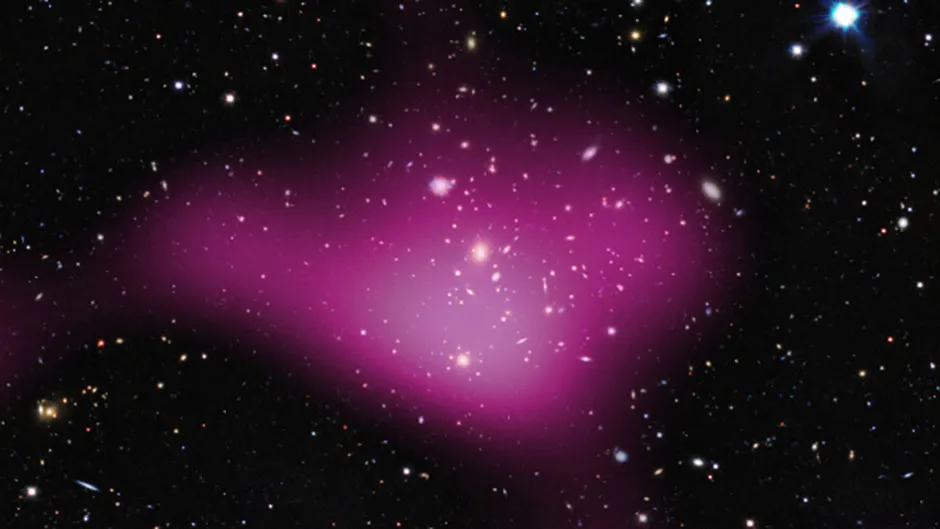CubeSats and other low-cost technologies are enabling smaller businesses to explore space, according to the panel of Spaceflight on a Shoestring at this year's Edinburgh International Science Festival. Image Credit: ESA
Space is no longer the sole preserve of NASA or the European Space Agency; it’s also an environment for successful businesses numbering their staff in two or three figures, rather than four or five.
Scotland is increasingly recognised for its growing range of small companies involved in the construction and launch of CubeSats – satellites made up of multiples of 10cm cubed units.
These were some of the messages taken away from Spaceflight on a Shoestring (2 April), in which science presenter Neil Monteiro – modestly introducing himself as a “budget Brian Cox” – chaired a discussion on how low-cost technology has “opened up space massively for everyone”.
Alongside Monteiro were Peter Anderson of AAC Clyde, Andrew Paliwoda of Alba Orbital and Matjaz Vidmar, a PhD student at the University of Edinburgh who is researching Scotland’s growing space industry.
For Anderson and Paliwoda, the driving impetus is technology: small satellites can now be built using “off-the-shelf” components.
Significant results can also be achieved using numerous CubeSats working together in “constellations”.
While the vast majority of these are pointing Earthwards and collecting data that’s frequently open to anyone, the panellists agreed that there is some potential for using this inexpensive technology to look outwards into deep space.

Two days later, in Searching for Dark Matter and Dark Energy (4 April), science writer Graham Farmelo showed that our understanding of that deep space is far from complete.
Part of what Farmelo described as an “extremely distinguished panel”, astrophysicist Prof Kathy Romer, of the University of Sussex, immediately labelled dark matter “an embarrassment”, given that – despite the first observational evidence for it being in 1933 – “we still don’t know what it is”.
Professor John Peacock of the University of Edinburgh, meantime, pointed out that dark energy “desperately needs a different name,” – his preference being “vacuum energy” – if only to avoid confusion with dark matter; dark matter ‘clumps’ under gravity, while dark energy does the complete opposite.
Knowing what both are, however, is vital to our understanding of the Universe because, as Prof Ofer Lahav from University College London explained, there is now a general consensus that dark matter makes up 25 per cent of the universe while 70 per cent of the rest is dark energy.
As he put it: “We live in a Universe with 95 per cent darkness.”
Although hosted by Farmelo, the panel was organised by Prof Michela Massimi, a philosopher of science at the University of Edinburgh, who is well aware that, while the precision of our measurements has never been better, our understanding hasn't necessarily increased
“To me as a philosopher, it’s not so so much finding the last few pieces of the jigsaw but more about the overall image – the theoretical model – coming from the jigsaw puzzle," he said.
Prof Alex Murphy, also of the University of Edinburgh, is currently engaged in experiments attempting to detect dark matter using techniques not dependent on its gravitational effects.
For him, the importance of dark matter and dark energy is simple; learning about both could “unlock the next phase in our understanding of truly fundamental physics and how it works.”
